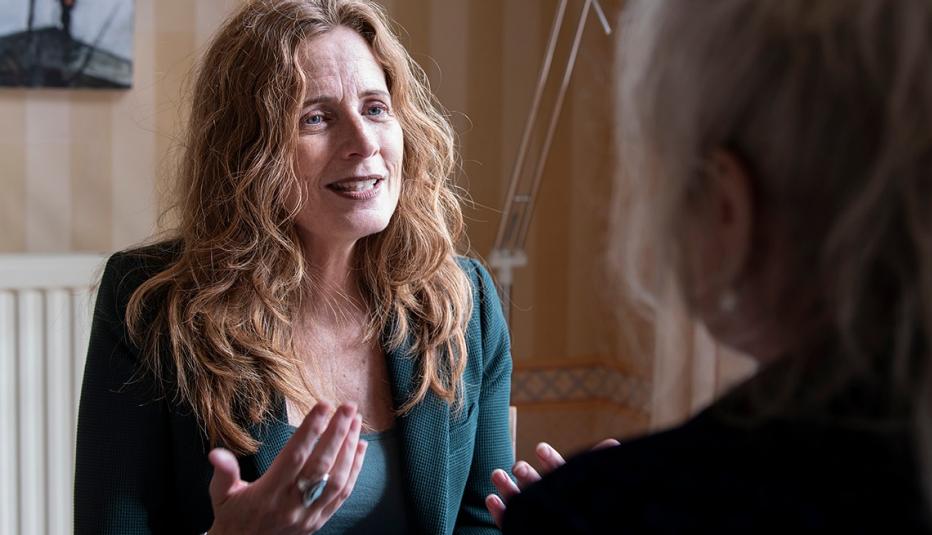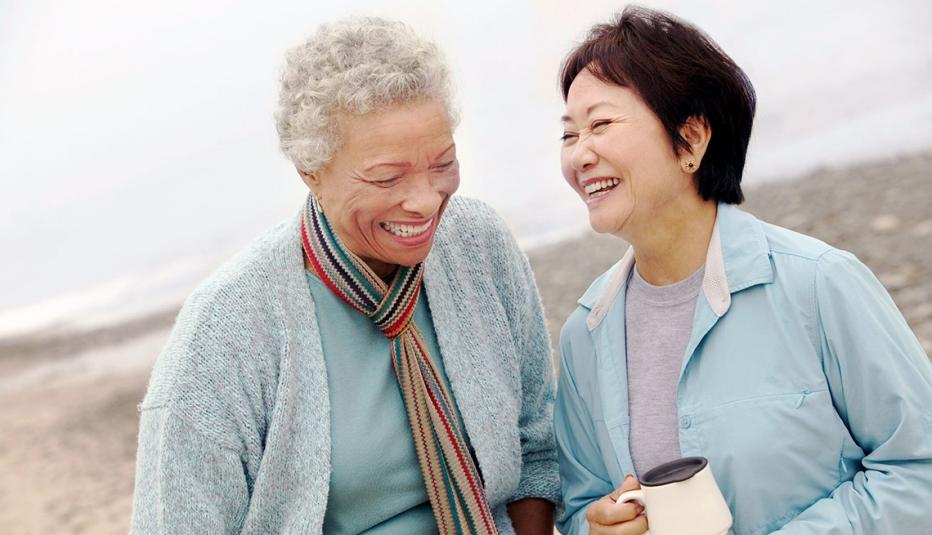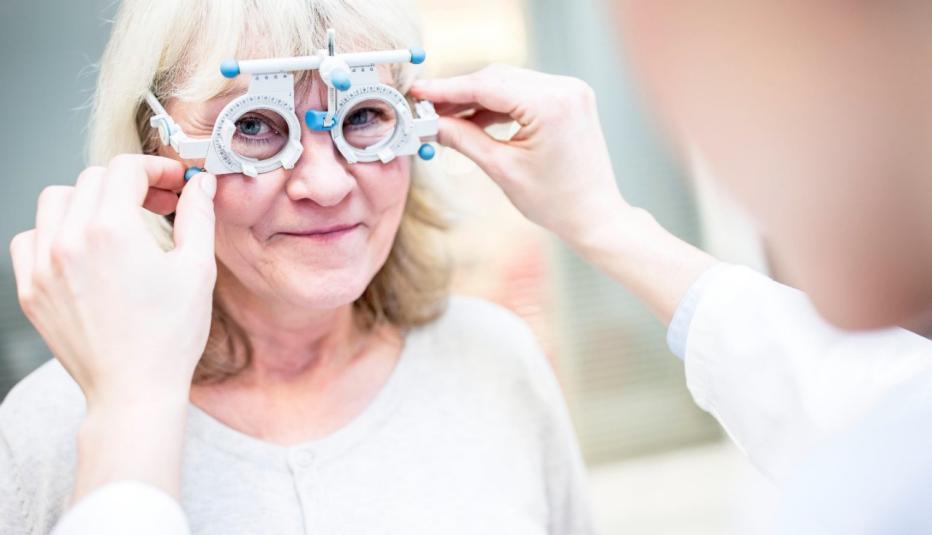AARP Hearing Center
Cheryl L. Lampkin, AARP Research
Living through the COVID 19 pandemic highlighted a number of challenges in the U.S. health system. The barriers to effective mental health care were front and center and remain an overwhelming obstacle for some older adults.


This research project explores the attitudes, opinions, and experiences of older adults as it relates to seeking mental health care. For some, looking for affordable and effective mental health care feels like an uphill battle. Not only do they have the weight of their mental health concern(s), but the need to shop around for the right provider that will meet their needs can be an all-consuming, if not insurmountable, task.
This study finds that almost all adults 50 and older believe mental health care can improve mental health (95%), one-on-one counseling can be effective (94%), and those who seek mental health care can improve their quality of life (94%).
However, some have concerns about getting help with their mental health, believing that mental health care professionals push mind-altering drugs (37%), or believing that these services are only for those with severe mental health issues (24%).
Additionally, many (61%) say they do not seek help with their mental health concerns because they feel they can deal with their issues on their own. This go-it-alone attitude differs depending on gender and general opinions about and experience with mental health concerns.
- Men are more likely than women to say they would prefer to deal with their mental health issues on their own (65% vs. 58%).
- Men are also more likely to believe others would think less of them if they sought care (15% vs. 10%).
- Older adults who have not accessed mental health care in the last two years are more likely to be of the opinion that they can deal with their issues without professional help (64% vs. 36% of those who have sought care).
- Those who have not sought care in the past two years are also more likely to say stress is normal and people will get better without medical intervention (54% vs. 23%).
- Those who have not sought care in the past two years are also more likely to say mental health professionals advocate for “mind-altering” medications (39% vs. 25%).
While seeking help with mental health concerns is a daunting task for some, most older adults say speaking with their primary care professional is (or would be) the first step in seeking out mental health care. Many also say they have or would first check with their insurance provider, or they would research providers when deciding to pursue mental health care.
Most (69%) of adults 50-plus who received mental health care in the past two years say they waited less than a month to get an initial appointment. However, some difficulties cited include:
- Not getting an appointment as quickly (25%).
- Providers having long (more than three months) waiting lists (18%).
- Providers not accepting new patients (18%).
- Providers not taking the patient’s insurance (17%).
- An inability to get an appointment in a convenient location (13%).
These findings highlight the growing need to improve access to mental health care as well as the importance of consistently including routine mental health assessments for all, especially those over 50.
Methodology
The 2023 Mental Health Care Access survey was conducted online and via telephone from November 28, 2023 to December 7, 2023, with a total sample of 1,764 adults ages 50-plus, including oversamples of African American/Black (n=407) and Hispanic/Latino (n=483) adults. The survey interviews averaged 15 minutes in length. The interviews were conducted in English and Spanish.
For more information, please contact Cheryl L. Lampkin at clampkin@aarp.org. For media inquiries, contact External Relations at media@aarp.org.
Suggested Citation:
Lampkin, Cheryl. Access to Mental Health Care Among Adults Age 50 and Older. Washington, DC: AARP Research, May 2024. https://doi.org/10.26419/res.00798.001
MORE FROM AARP































.jpg?crop=true&anchor=13,195&q=80&color=ffffffff&u=lywnjt&w=2008&h=1154)































